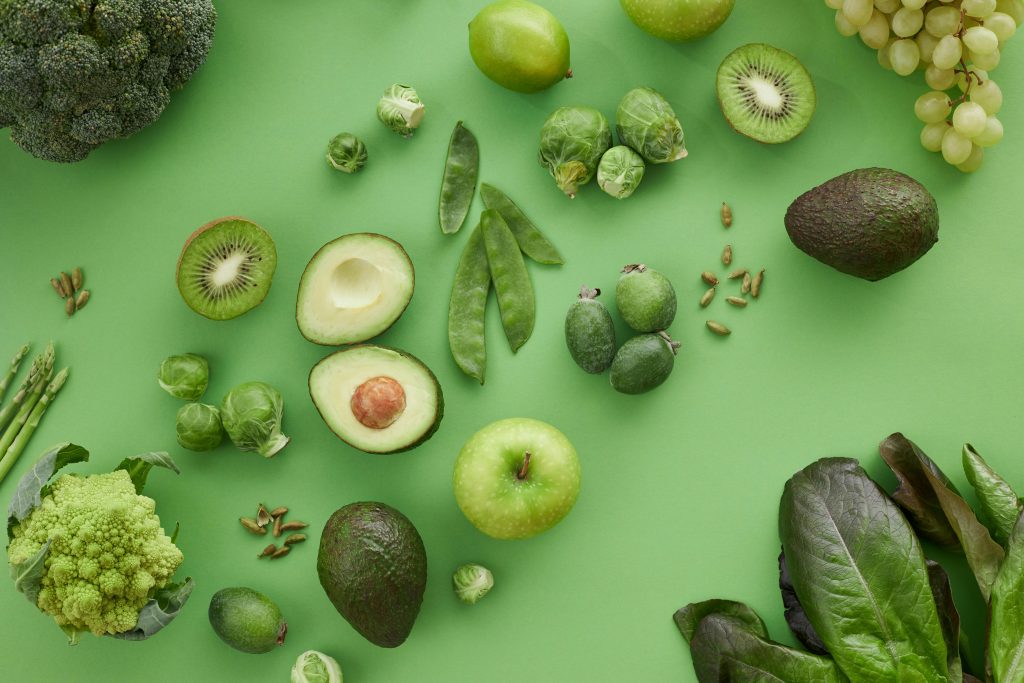A whole food plant based (WFPB) diet is a way of eating that focuses on foods that come directly from plants and are as close to their natural state as possible. This means eating a variety of whole, unprocessed or minimally processed plant foods, such as fruits, vegetables, whole grains, legumes (like beans and lentils), nuts, and seeds, while avoiding or minimising animal products and heavily processed foods.

What Makes It “Whole Food” and “Plant Based”?
Whole Food means eating foods in their natural, unrefined form, without added sugars, oils, or artificial ingredients. For example, instead of eating white bread (which is processed), you’d eat whole grain bread, which still contains all the natural parts of the grain (like fibre and vitamins).
Plant Based means that the foods you eat primarily come from plants. While a WFPB diet doesn’t necessarily mean you have to avoid animal products entirely (some people may still eat small amounts), it focuses on plants as the main source of food. This means lots of vegetables, fruits, beans, grains like quinoa and brown rice, nuts, seeds, and plant-based oils (like olive oil).
Key Features of a Whole Food Plant Based Diet:
Fruits and Vegetables: These make up a large portion of the diet. Think fresh, colourful produce—like leafy greens, berries, and root vegetables.
Whole Grains: Foods like brown rice, quinoa, oats, and whole wheat bread are examples. These are less processed and contain more nutrients than refined grains like white rice or white bread.
Legumes: Beans, lentils, peas, and chickpeas are packed with protein and fibre, and are a great alternative to meat.
Nuts and Seeds: These provide healthy fats, protein, and important vitamins and minerals.
Minimally Processed Foods: A whole food plant based diet avoids things like sugary snacks, fast food, and highly processed foods (like chips or frozen meals), which are often low in nutrients and high in unhealthy fats, sugars, or salts.
Why Choose a Whole Food Plant Based Diet?
People choose a whole food plant-based diet for various reasons:
Health Benefits: Many studies show that eating more plants and fewer processed foods can help reduce the risk of chronic diseases like heart disease, diabetes, and certain cancers. It can also support weight loss, improve digestion, and boost energy.
Environmental Impact: Plant based diets are generally better for the environment, as growing plants typically uses fewer resources (like water and land) and produces less pollution compared to raising animals for food.

Animal Welfare: Many people choose a plant based diet to reduce the demand for animal products, in support of animal rights and reducing factory farming.
How Is It Different from Other Diets?
While other diets might focus on cutting out certain foods (like low-carb or keto diets), a whole food plant-based diet is about adding more nutrient dense, plant based foods to your plate and minimising processed or animal based foods. It’s not about strict rules or restrictions, but more about making healthier, whole food choices that nourish your body.
A whole food plant based diet is about eating food as nature intended—lots of plants, and as little processed food as possible. It’s a way to nourish your body with the most nutrient dense, health promoting foods available.
